
The German company disclosed last week that its revenue in China jumped by 15 percent year-on-year to 1.56 billion euros ($2.03 billion) in 2012, with its inventories down by 1 percent.
Adidas did not respond to e-mail inquiries sent by the Global Times Thursday.
Inventory problems have also affected domestic brands.
In the first half of 2012, the total inventory of six leading brands, including Peak Sport, Li Ning Co and Anta Sports, was worth 3.7 billion yuan, up from 3.69 billion yuan at the end of 2011, according to statistics in the companies' financial reports.
Peak Sport unveiled its 2012 financial report on Monday, revealing profits for the year of 310.6 million yuan, a decrease of 60 percent compared to 2011. Peak also said that it closed 1,323 outlets last year.
Li Ning Co, which has also been hit by a slump in profits, shut down 1,200 stores in the first half of 2012, and announced at the end of last year that it would invest up to 1.8 billion yuan in helping the firm's distributors clear their stock.
Another Chinese sportswear maker, Xtep International Holdings, disclosed that its distributors had cut orders for the first half of 2013 in order to control their inventories.
"For Nike, the factory store expansion can help alleviate the inventory burden, and also inject more cash flow," said Wei, noting that Nike could take the opportunity to pressurize its rivals and take a bigger share of the Chinese sportswear market.
Uncertain outcome
The potential of China's sportswear market is still huge, Wei said, partly because more and more Chinese people are paying attention to their health and getting into sports. Also, apart from soccer and basketball, many sports have not yet been commercialized in China, Wei noted.
"We're doing all the right things to position the China marketplace to be a market that delivers long-term, sustainable growth for the Nike brand," Charlie Denson, president of Nike Brand, said in December last year.
Adidas is also working on an expansion plan. In 2012, 800 new adidas stores were opened in China, exceeding the scheduled number of 500.
All these new Nike and adidas stores are located not only in first-tier cities but also in lower-tier ones, Wei said, adding that "such rapid expansion will surely generate huge pressure on domestic brands."
"As competition in the sportswear industry becomes more intense, I think some companies will be forced out, and the biggest ones will dominate the market in years to come," said Zhang from Beijing Key Solution Sports Consulting, noting that some small brands could survive by focusing on specific sports areas.
However, Wei said that small sportswear companies still have the advantage of greater business flexibility.
"After this tough time, some small domestic brands may stand out, and some big firms may suffer high inventories for a while as they usually have to address big procurement orders," he said.

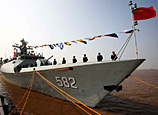

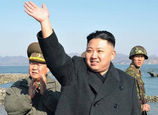
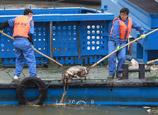


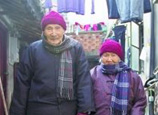


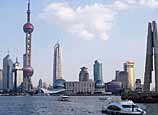






 What house can you buy with 1 million yuan in China?
What house can you buy with 1 million yuan in China?


![]()
